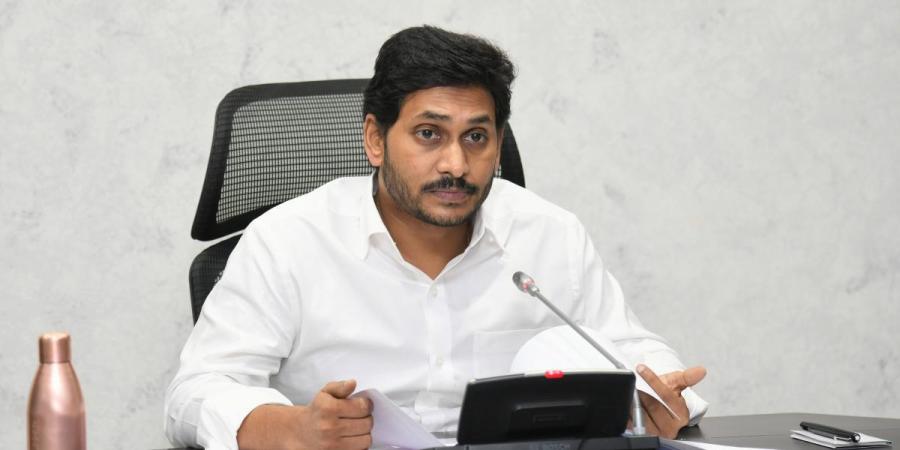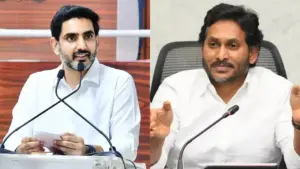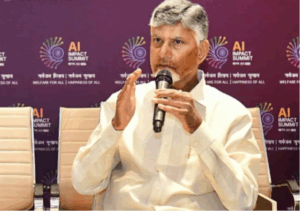 VIJAYAWADA: The Supreme Court has included Andhra Pradesh government as one of the respondents along with other states in a PIL filed against layout regularisation scheme (LRS). The Municipal Administration and Urban Development (MAUD) in January 2020 issued an order for LRS to “bring all unplanned areas into the fold of planned development and to provide basic facilities” and has extended the deadline for submission of applications till December 31, 2020.
VIJAYAWADA: The Supreme Court has included Andhra Pradesh government as one of the respondents along with other states in a PIL filed against layout regularisation scheme (LRS). The Municipal Administration and Urban Development (MAUD) in January 2020 issued an order for LRS to “bring all unplanned areas into the fold of planned development and to provide basic facilities” and has extended the deadline for submission of applications till December 31, 2020.
The SC bench headed by Justice L Nageswara Rao, on Wednesday, heard the petition filed by Telangana-based Juvvadi Sagar Rao alleging that respondent States – Andhra Pradesh, Telangana and Tamil Nadu -were allowing illegal layouts to be regularised in violation of law (Articles 14 and 21 of Indian Constitution) and encouraging corruption, illegality besides putting burden on the existing users but not the private and government officers responsible for the illegal layouts.
“The respondent states were doing so without conducting appropriate impact assessment on urban flooding, crowding, increase of slums, unregulated development. The name itself (Unapproved Layout Regularisation Scheme) clearly shows that the government is regularising illegal acts committed by real estate mafia with the help of the government officials in the respondent States,” the petitioner alleged.
The petitioner said urban flooding, unplanned growth, creation of slums, giving scope for future illegal development and inadequate civic infrastructure were the outcomes of the regularisation scheme.
He submitted that the Telangana and Andhra Pradesh have faced severe floods due to sudden rains recently. “Floods created devastation in Hyderabad. Vijayawada and parts of Guntur district in Andhra Pradesh were also affected due to flooding,” he said.
After hearing the petition, the bench issued notice to the Centre, Ministry of Environment and, Housing and Urban Affairs, CBI, National Disaster Management Authority, Telangana, Tamil Nadu and Andhra Pradesh. It is learnt that the apex court has directed the petitioner to implead all the States and UTs in the matter. The matter is listed for hearing after eight weeks.
Recent Random Post:
















